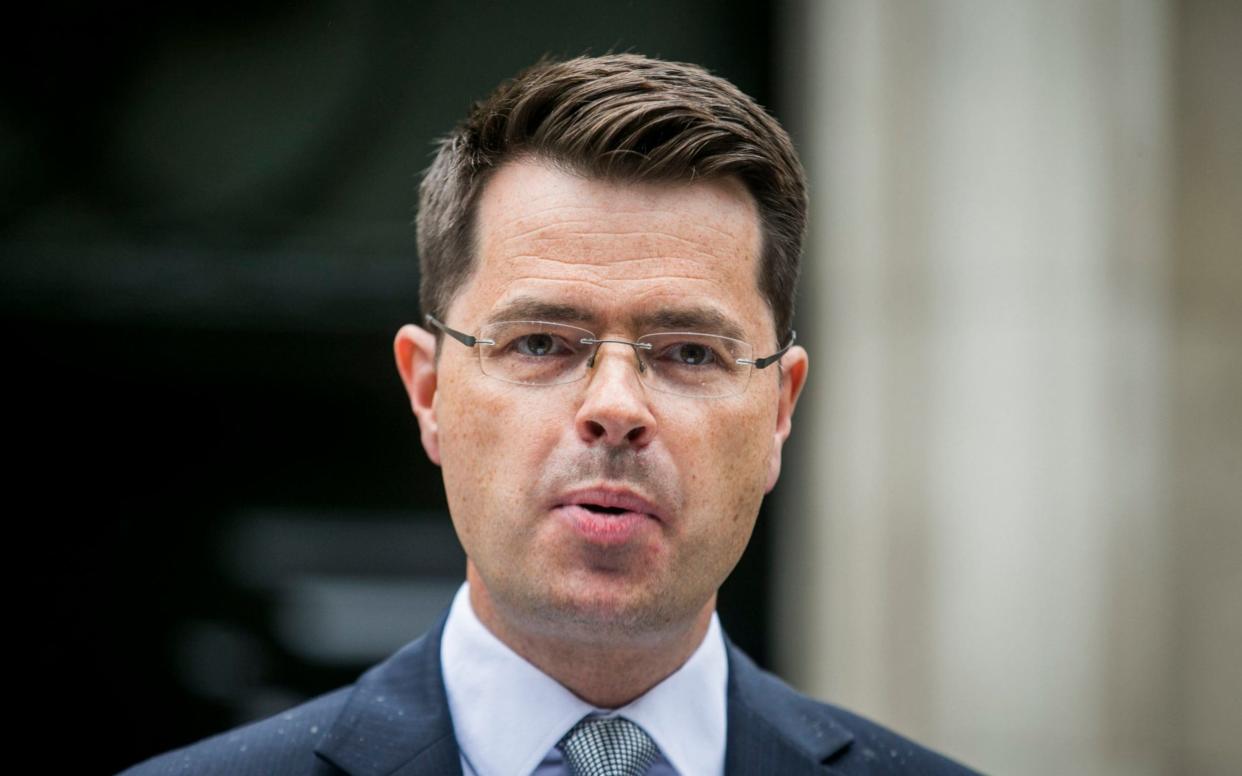Labelling families as “troubled” isolates them, Communities Secretary says.

Families should not be labelled as “troubled” because it makes them feel isolated, the communities secretary has said.
James Brokenshire said that a government programme which supports families with with complex problems has reduced the number of children going into care, juvenile convictions and adults claiming Jobseeker’s Allowance. He also announced a multi-million boost in funding to support children vulnerable to knife crime and gang culture.
However speaking today at the Centre for Social Justice in London, the MP for Old Bexley and Sidcup highlighted the findings from the National Evaluation of the Troubled Families Programme - while at the same time mooting a possible rebrand of the organisation.
He said that while the programme is “breaking new ground in developing best practice” he is keen to assess what could be done differently and better – “and this is where it is fair to say that I think we need to look again at the name of the programme”.
“I understand why we alighted on phrase ‘Troubled Families’, but, in reality, it obscures as much as it enlightens,” he said.

“At its worst it points an accusing finger at people, who are already isolated, and says to them “you are the ‘others’ and you are not like the rest of us.”
“When, in truth, they are like the rest of us, they’ve just had a little less help, been a little less lucky, and yes, made choices themselves that haven’t led to the best outcomes.
“But we don’t give up on people in this country. People can make the most of a second chance. That is the lesson of the programme.
Mr Brokenshire said that when compared to a similar control group, the programme cut the proportion of children going into care by a third, reduced the proportion of adults sent to prison by a quarter, and saw juvenile convictions drop by 15 per cent.
The initiative also supported more people on the programme back into work with 10 per cent fewer people claiming Jobseeker's Allowance, the minister said.
Since the current programme began in 2015, local authorities and their partners have worked with more than 400,000 eligible families, he added.
Mr Brokenshire added that “fresh thinking” is needed to meet ever-evolving challenges “especially the horrors of knife crime which is devastating families and communities”.
He announced a £9.5 million fund to be released from within existing programme funds to focus on supporting children and families vulnerable to knife crime and gang culture – with a further £300,000 available to train frontline staff on how to tackle childhood trauma.
The money will be spent with community-backed projects in 21 areas across England.
More than 40 people have been stabbed to death in England this year as police constables across the country blame rising police cuts hampering their ability to keep people safe.

 Yahoo News
Yahoo News 
